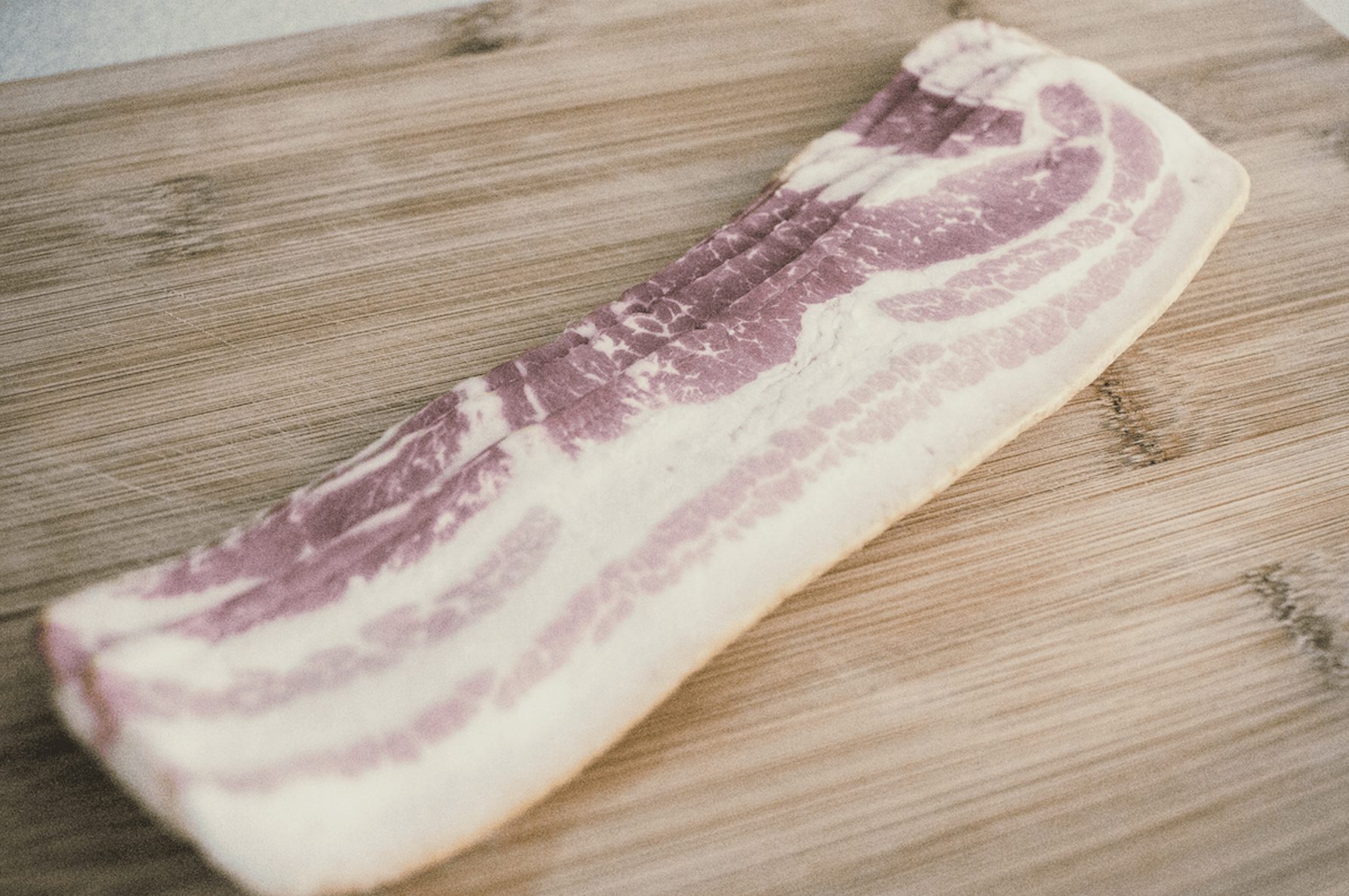Ocean bound plastics deemed unsuitable for food contact by UK regulators

Business
An assessment by the Joint Expert Group on Food Contact Materials (FCMJEG) has evaluated the use of ocean bound plastics (OBP) in materials intended for direct food contact, such as packaging for products like meat, poultry, and fish available in supermarkets.
Following a review of the assessment, the Food Standards Agency (FSA) and Food Standards Scotland (FSS) have concluded that the current evidence is insufficient to determine whether this type of recycled plastic is safe for use in food contact applications or poses no risk to public health.

As a precaution, both agencies are advising against the use of plastic waste collected from uncontrolled environments, including ocean bound plastics, in food packaging. This recommendation does not apply to recycled plastics sourced from regulated collection systems, such as household kerbside recycling in the UK, which are considered safe for use in food-grade applications.
Dr James Cooper, Deputy Director of Food Policy at the FSA, said: We acknowledge the benefits of recycling abandoned plastic that has been collected from the open environment, especially plastic in danger of entering waterways or oceans (ocean bound plastics). Such initiatives, if carried out appropriately, can protect the environment while supporting innovation and economic growth. However, our role is to ensure food is safe and we have concerns over the safety of these plastics, which we term abandoned environmental plastic, when used in their recycled form for products such as ready meal containers, fresh food trays and bottles.
Abandoned environmental plastic is a small percentage of the recycled plastic market. The majority comprises kerbside recycled plastics which are still viable for food contact material. Plastic materials collected from established and controlled environments such as UK kerbside collection systems have undergone substantial work in the past to ensure that they adhere to current safety standards.
Unfortunately, we are currently not confident that the collection of abandoned environmental plastic, which is subsequently mechanically recycled, is meeting the same standards.
In light of this, we are advising businesses not to use this type of plastic in food packaging and to look for alternative uses for it.
Authorities continue to engage with industry stakeholders regarding concerns around the safety and marketing of food-grade recycled plastics. Businesses with questions about on-pack labelling or compliance are encouraged to consult their local food safety teams.
Related News
-
Sustainability
FloWater saves one billion plastic bottles from landfills and oceans
-
Sustainability
University start-up develops plastic that breaks down in oceans without microplastics
-
Sustainability
Sweden’s top music festivals embrace sustainable food and drink packaging
-
Sustainability
WRAP adds 8 more plastic packaging items to elimination list
-
Supplier News
Spectra supports IZEL Beauty with elegant, sustainable packaging




